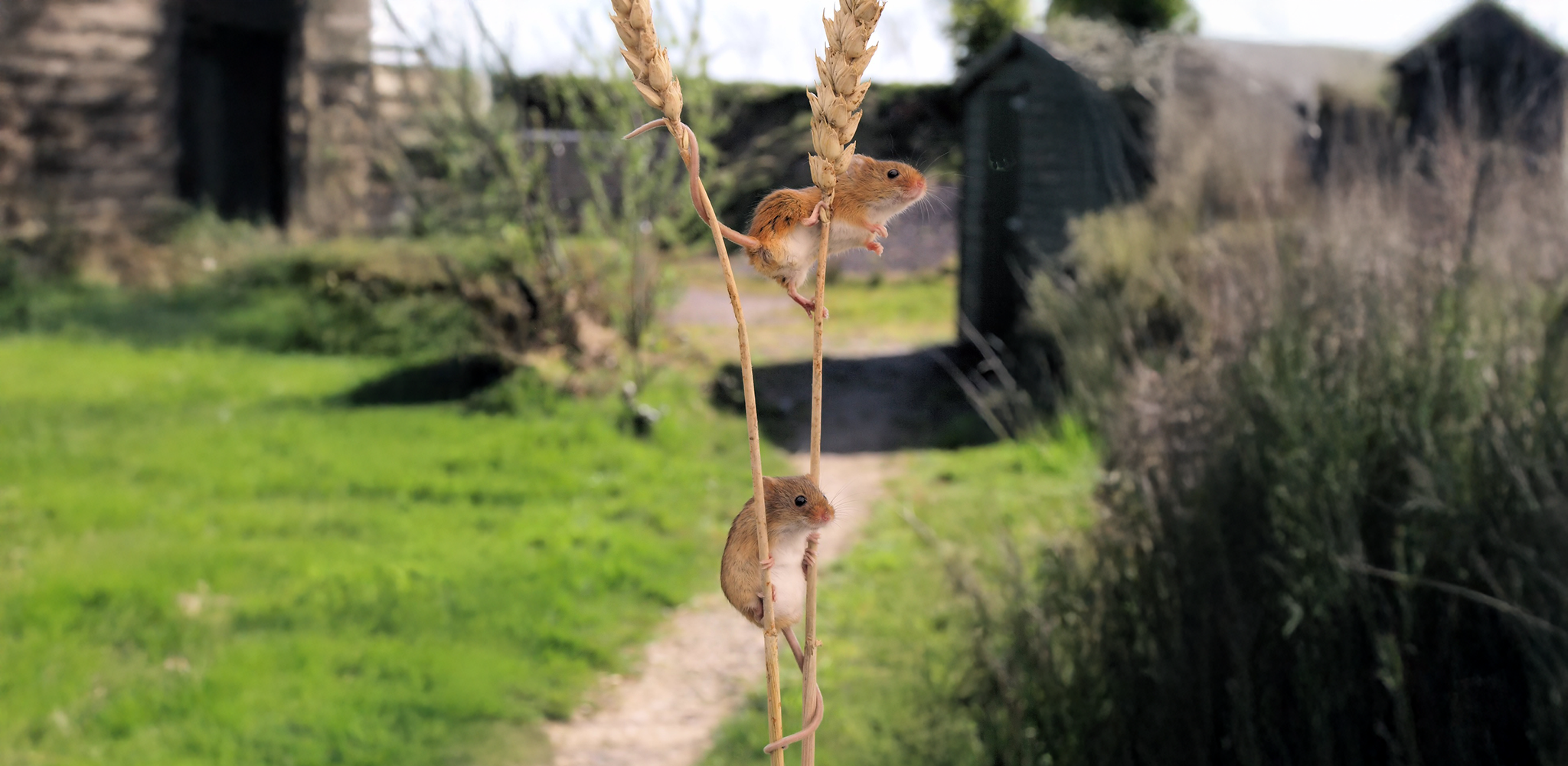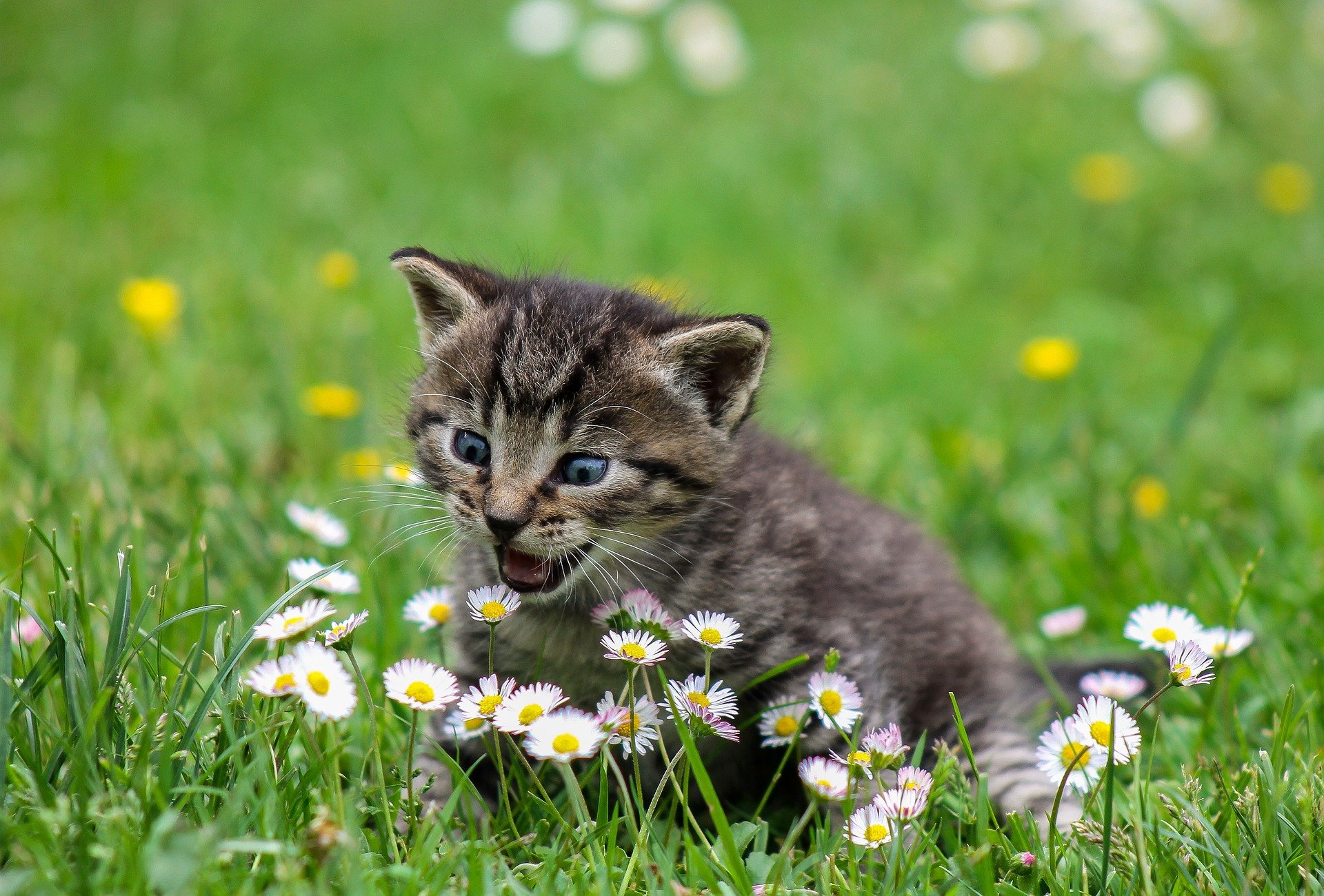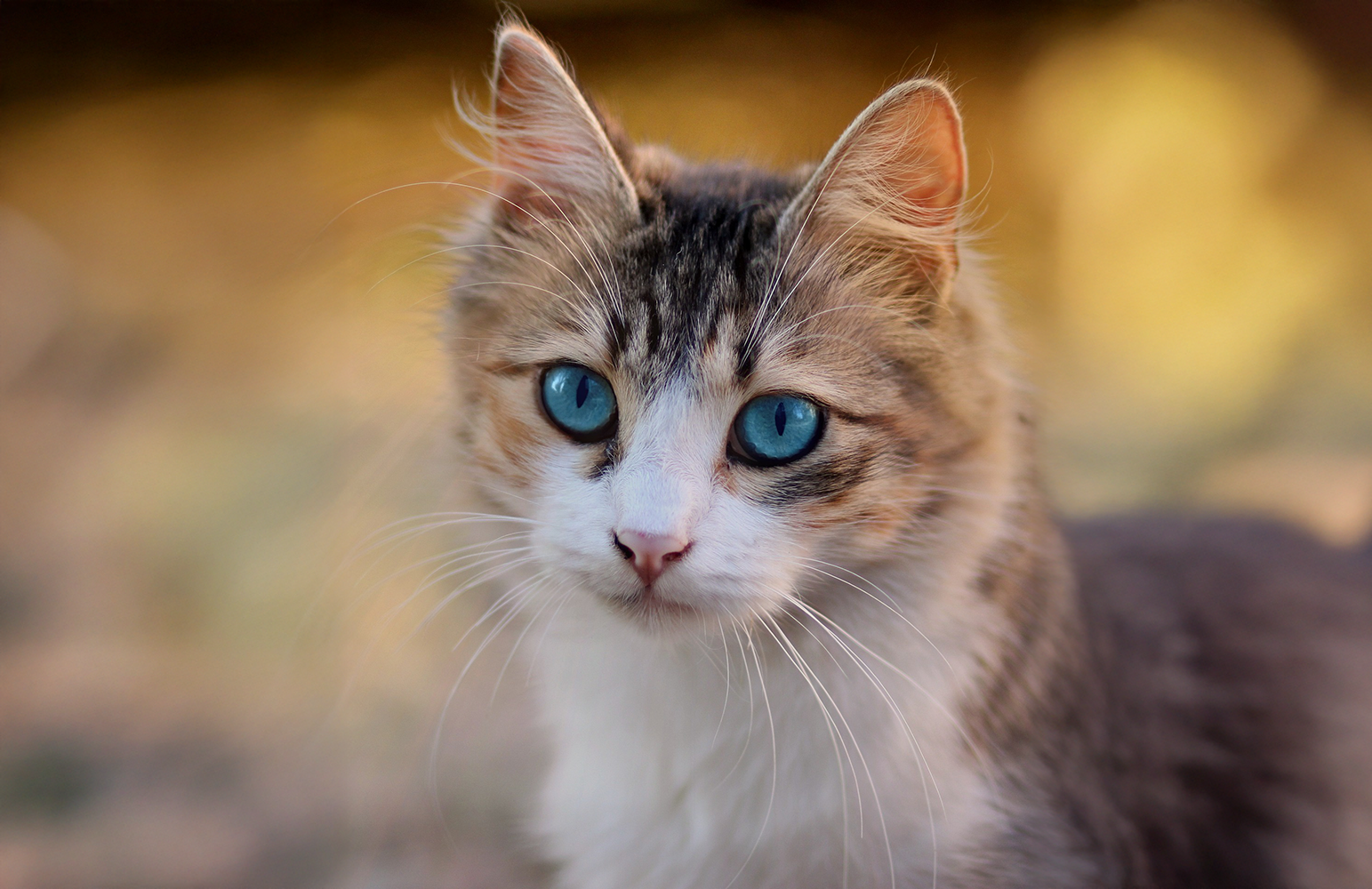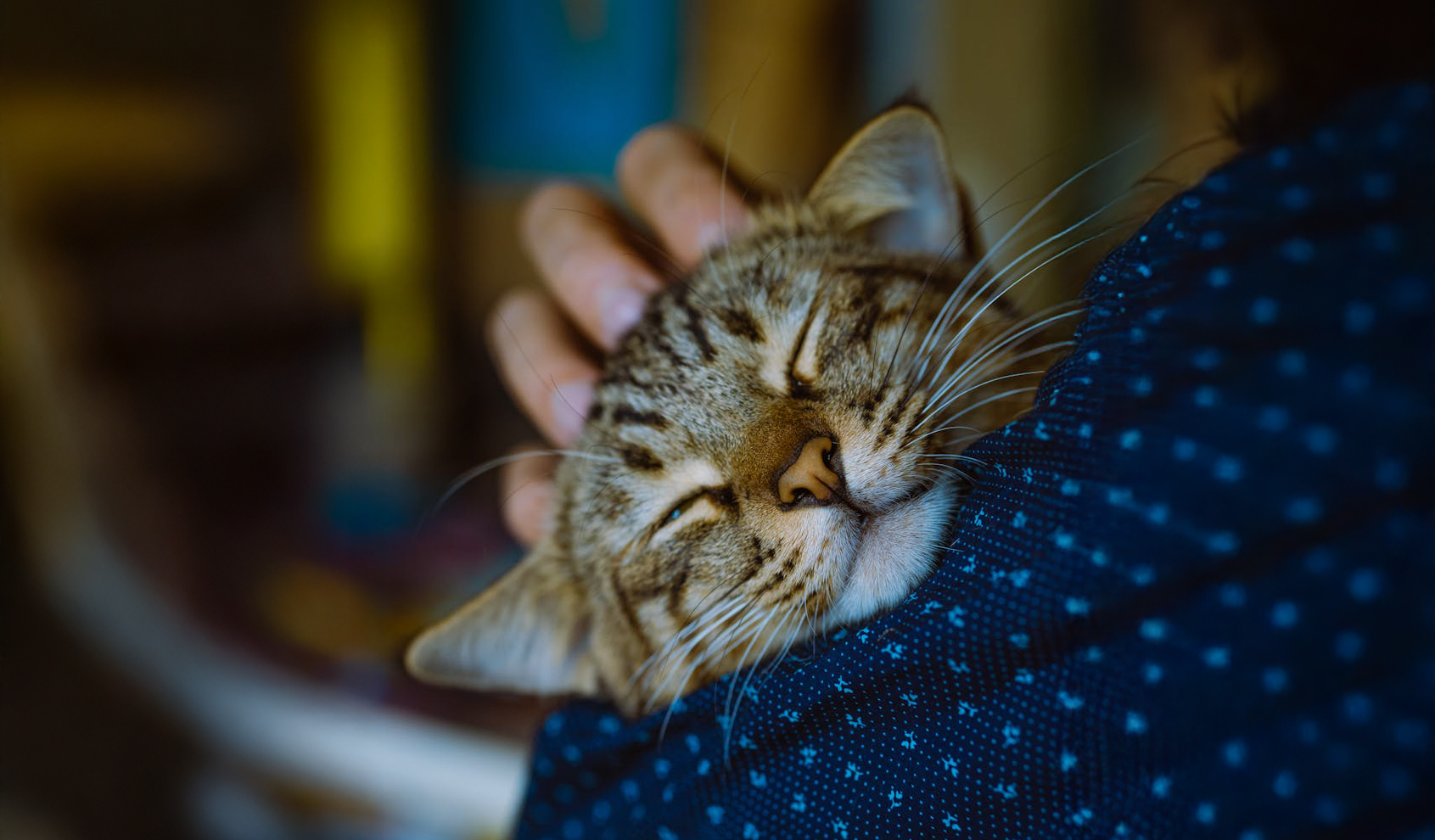My top 10 cat proverbs
Cats have been our beloved companions for thousands of years, and have inspired countless stories, myths, and legends. Over time, cats have also become the subject of many proverbs and sayings, reflecting their unique personalities and behaviours. These proverbs offer insights into human nature, relationships, and society, and can be both amusing and thought-provoking. In this blog, I take a break from drawing cats to explore some of the most interesting cat proverbs from around the world, and delve into the meanings behind them. Whether you are a cat lover, a lover of language, or just curious about the world's cultural diversity, you're sure to find something fascinating in this collection of cat proverbs. So sit back, relax, and let's explore the world of feline wisdom!
1) A cat may look at a king
This proverb has been in use in English since at least the 16th century. It’s short alliteration expresses the idea that even someone of low status or inferior position can look at someone of higher status or authority, or has certain basic privileges in their presence. It can be used, sometimes sarcastically, to imply one party is the cat and the other a king. I like it because, for me, it also has a sense of a cat’s belief in it's innate superiority. When a cat looks at a king, it probably considers the king its inferior! I can imagine it stopping for a moment, looking him in the eye, and then turning with disinterest and walking away.
2) When the cat is away the mice will play
The little rhyme suggests that people will misbehave or take advantage of a situation when those in authority are absent or not watching. This is another proverb that probably originated in the 16th century and was used to describe the behaviour of servants or workers who would slack off or engage in mischief when their employers were not around to supervise them. The phrase has since been applied to a wide range of situations, from children misbehaving when their parents are out of the house to employees taking advantage of a boss's absence to shirk their responsibilities.
3) Curiosity killed the cat
This proverb is a warning against being too curious or inquisitive, as it can lead to danger, trouble, or even death. It has appeared in various forms over the years with the earliest known written form occurring around 1598. It was in a play called “Every Man in His Humour” by the English playwright Ben Jonson, where he wrote: “Helter skelter, hang sorrow, care'll kill a Cat, up-tails all, and a Louse for the Hangman.” Interestingly, then, the original form was “Care killed the cat,” i.e. “worry” or “sorrow for others.” Shakespeare obviously liked the turn of phrase and used it in his play Much Ado About Nothing: “What, courage man! what though care killed a cat, thou hast mettle enough in thee to kill care.”
A later version changed the alliteration from “care” to “curiosity” which makes more sense to me. Cats don’t seem that worried about things in general. The proverb is often used in reference to situations where someone’s excessive curiosity or nosiness has led to negative consequences. It might also be used to warn someone to stop poking their nose into something. An even later version added “Satisfaction brought it back,” which suggests that while curiosity may have consequences, it can also lead to positive outcomes and discoveries.
4) Let the cat out of the bag
This idiom means to reveal some secret or piece of information that was meant to be kept confidential. The origins of the idiom are unclear, but there are several theories. One suggests that the phrase comes from a practice in medieval markets, where merchants would sell live piglets in bags. Dishonest merchants would sometimes try to pass off cats as piglets, but if the cat was let out of the bag, the deception would be revealed.
Another theory suggests that the phrase comes from taking a whip called “the cat o’ nine tails” out of a bag to punish sailors. The cat-o-nine tails probably got its name from the nasty 'scratches' it left on a sailor’s back.
Regardless of its origins, the idiom is widely used today to describe situations where confidential information has been unintentionally or intentionally revealed. I like it because I imagine the speed with which an indignant cat would fly out of a bag as soon as it was opened.
5) The cat has nine lives
This proverb refers to the belief that cats are resilient and able to survive even the most dangerous or life-threatening situations (except apparently curiosity!). There is also the thought here that cats often get themselves into dangerous situations.
The idea of cats having multiple lives may have been influenced by their remarkable agility, quick reflexes, and ability to land on their feet, even after falling from great heights. The idiom is used today to describe someone who has survived a close call or a difficult situation and has come out relatively unscathed.
My cat Titus has used up at least four of his lives so far that we know about. One time he got very ill after being bitten on the leg. At first the vet said there was no more they could do to help him. When we got a second opinion, however, they where able to bring him back from the brink. Then there was the time as a small kitten when he squeezed through a window on the second floor and climbed onto the roof. The trouble was he couldn’t get down again as it was too step. We had to throw a rug over the tiles so he could get a grip on the way back down to the window.
Sometimes people appended the following to the saying: “three for playing, three for straying, and three for staying.”
6) The cat is nature’s beauty
This French Proverb emphasises the elegance and grace of cats, and their ability to embody natural beauty. Cats are known for their sleek fur, striking eyes, and graceful movements, which make them popular as pets and subjects of art and literature. The proverb may also suggest that cats are a reflection of the beauty and harmony of the natural world, and that they can inspire humans to appreciate and preserve the beauty of nature. Additionally, the proverb can be interpreted as a reminder that cats, as living creatures, are an integral part of the natural world and should be treated with respect and kindness. Overall, the proverb celebrates the aesthetic and natural qualities of cats and their importance in human culture and the natural world.
A similar French proverb is "The dog may be wonderful prose, but only the cat is poetry."
One of the reasons I enjoy drawing cats is that I get to focus on and bring out their natural beauty and elegance. I love the patterns in their fur, their beautiful eyes, and their perfectly balanced poise. If you would like me to capture your cat’s character and beauty in a pet portrait do please get in touch.
7) The cat loves fish, but hates wet feet
This Medieval proverb suggests that even though someone may have a strong preference for something, they may still have limitations or dislikes that prevent them from fully enjoying it. In this case, the cat loves fish, but is hindered by its aversion to getting its feet wet, which can limit its ability to catch fish or enjoy them fully. The proverb can be applied to various situations where someone may have conflicting desires or limitations that make it difficult for them to fully enjoy something they love. It can also be used to highlight the importance of recognising and overcoming your limitations in order to fully enjoy the things you love.
I love creating beautiful pictures of animals, but in order to do that, I need to do some of the less fun things related to running a business like accounting and tax returns.
The unifying factor in this proverb is the “love” “hate” opposites. Similar not catty proverbs are “no pain no gain” or “you can't make an omelette without breaking eggs.”
8) A cat is a lion in a jungle of small bushes
This Indian proverb can be taken in two ways. First, it suggests that even though a cat may be small, it has the qualities and characteristics of a larger, more powerful animal, such as a lion. The proverb highlights the cat’s agility, stealth, and predatory instincts, which allow it to thrive in environments where it is surrounded by smaller, less powerful creatures.
The saying can be applied to various situations where someone may appear to be small or powerless, but possesses hidden strengths or talents that allow them to succeed and thrive. It can also be used to emphasises the importance of recognising and valuing the unique strengths and qualities of individuals, regardless of their size or appearance.
Secondly, it seems to me it could also mean something similar to a “big fish in a small pond” which emphasises the smallness of the cat rather than it’s hidden strengths. If it was in a land of bigger bushes it would be considered week and vulnerable.
The first is the better I think. Titus certainly looks like a lion when he prowls around the shrubs and bushes in my garden.
9) The cat was created when the lion sneezed
This Arabian proverb is a more whimsical way of expressing a similar idea to the previous proverb. In its vivid and playful way it suggests that the cat shares some qualities and traits with the lion, but on a smaller scale. The proverb may have originated from African or Asian folklore, where cats and lions are often featured in stories and myths. I doubt that cats would find it flattering through. The idea of emerging at 100 miles an hour from their larger cousin’s nostrils, all covered in slime, is not exactly dignified.
10) When rats infest the Palace a lame cat is better than the swiftest horse
This Chinese proverb suggests that in times of crisis or difficulty, even a seemingly weaker or less capable individual can be more effective or useful than a stronger or more capable one. The proverb highlights the importance of adaptability, resourcefulness, and creativity in solving problems and overcoming challenges. In this case, a lame cat may not be as fast or agile as a horse, but it may be better equipped to catch and kill rats, which are causing problems in the Palace.
The proverb can be applied to various situations where someone who is seemingly weak or disadvantaged may be able to offer a unique or unexpected solution to a problem. It can also be used to emphasise the importance of recognising and valuing different strengths and qualities in individuals, regardless of their perceived limitations.
My worst cat proverb
There is a well known proverb which states that “there are many ways of skinning a cat,” but I could not bring myself to include it in my top 10. It’s memorable nature is in it’s shocking imagery. It means that there are many different methods or approaches to solving a problem or achieving a goal. The origin of the idiom is unclear, but it was used in 1840 in a short story called “The Money Diggers” by the American humourist Seba Smith.
A few years lalter in 1889, Mark Twain used the phrase in “A Connecticut Yankee in King Arthur's Court.” He wrote “She was wise, subtle, and knew more than one way to skin a cat.”
The phrase may have been inspired by the grizzly practice of skinning cats for their fur, which was once a common practice for making clothing and accessories. The idiom is often used to suggest that there is no one right way to do something, and that different people may have different methods or strategies for achieving the same result. It can also be used to express the idea that creativity and flexibility are important qualities when faced with a challenge or problem.
Personally I can’t imagine anyone wanting to skin a cat, let alone considering different ways of doing so. A better proverb would be “there is more than one way to peel a banana.”
Conclusion
Cats have inspired many proverbs over the years and there are many more that I’ve not mentioned, such as the one about “a cat on a hot tin roof,” as well as 10 new and original ones that I recently made up! Cats have also been the source of inspiration for cat quotes and sayings, poems, prose and pictures (including the pets of famous artists). As a pet portrait artist, I’ve drawn countless cats over the years. You can read more about the history of pet art here but I’ll finish with perhaps my favourite cat proverb. The Italian’s have a saying: "Happy is the home with at least one cat," and my home is certainly the happier for having one.











